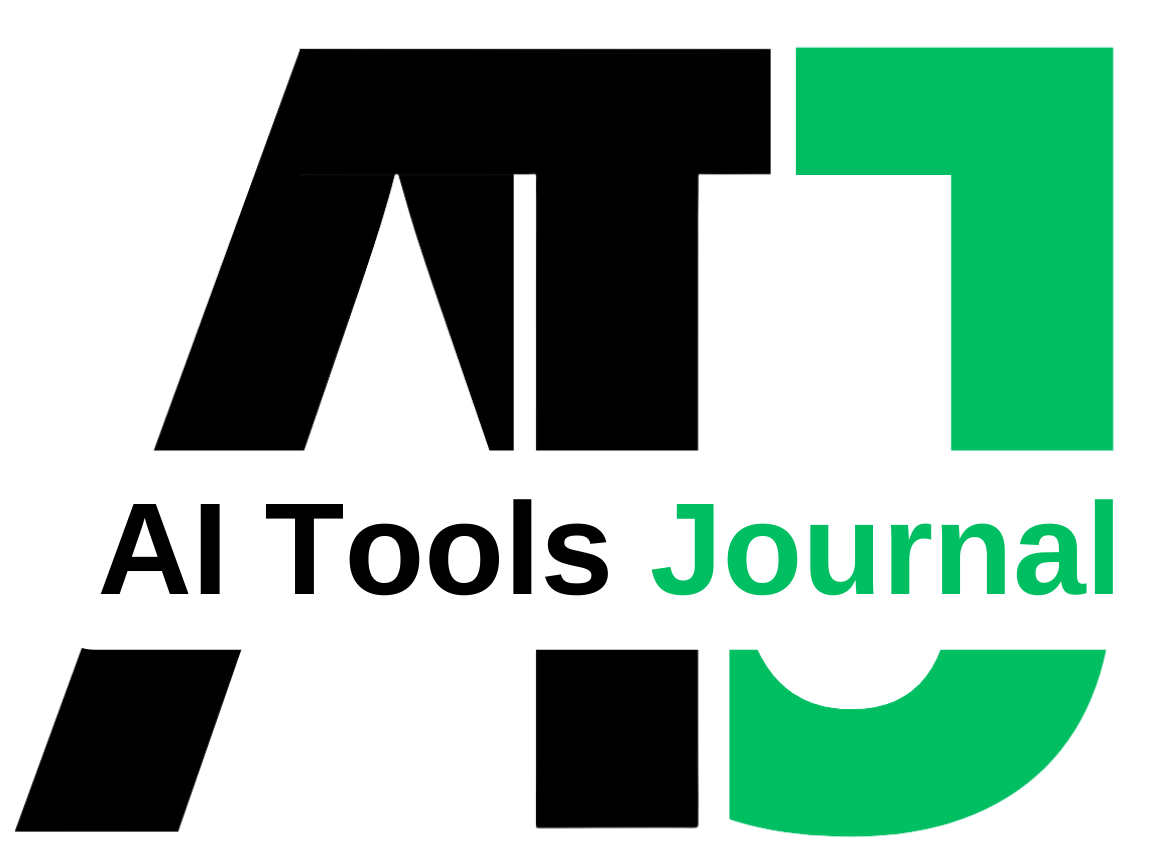The e-commerce landscape is expanding at an unprecedented rate. Global e-commerce sales are projected to reach $8 trillion in 2027, demonstrating the immense pressure on businesses to optimize every aspect of their operations.
But how can e-commerce businesses achieve this optimization? What specific tools and strategies can they implement to streamline processes, reduce overhead, and maximize output?
This is where artificial intelligence (AI) comes in. AI is no longer a futuristic concept; it’s a present-day necessity for e-commerce businesses seeking to enhance efficiency, reduce costs, and stay competitive.
This article, “Top 5 AI Tools for Ecommerce in 2025”, will explore how AI tools are revolutionizing e-commerce, providing actionable insights into selecting the best solutions for specific needs and challenges.
How AI tools are creating ease for ecommerce businesses
AI tools are revolutionizing e-commerce by automating tasks, providing valuable insights, and enhancing the overall efficiency of online operations. Here are some key ways AI is simplifying processes for e-commerce businesses:
- Automation of Repetitive Tasks: AI can handle mundane and time-consuming tasks such as data entry, inventory management, and order tracking. This frees up human employees to focus on more strategic and creative aspects of the business.
- Improved Decision-Making: AI algorithms can analyze vast amounts of data to identify trends, patterns, and customer behavior. This information empowers businesses to make more informed decisions regarding pricing, marketing, and product development.
- Enhanced Customer Experience: AI-powered chatbots and virtual assistants can provide instant customer support, answer questions, and resolve issues 24/7. This improves customer satisfaction and frees up human agents to handle more complex inquiries.
- Personalized Marketing: AI can analyze customer data to create targeted marketing campaigns that resonate with individual shoppers. This leads to higher conversion rates and increased sales.
- Streamlined Operations: AI can optimize logistics, predict demand, and manage inventory more effectively. This reduces costs, minimizes errors, and improves overall efficiency.
What to look for in AI tools for ecommerce?
When selecting AI tools for e-commerce, businesses should prioritize solutions that offer seamless automation capabilities, insightful data analysis, and features that enhance the customer experience.
The ideal tools will streamline operations, provide personalized marketing opportunities, and offer clear improvements in efficiency.
E-commerce businesses should also evaluate the AI tool’s ability to integrate with existing systems, its scalability to handle future growth, and the level of support and training provided by the vendor.
By carefully considering these factors, businesses can choose AI tools that best meet their specific needs and drive significant improvements in their operations. To ensure you choose the right AI tool, consider these questions:
Q1: Can the AI tool automate essential tasks like inventory management, order processing, and customer support?
When evaluating automation capabilities, quantify the time and resources saved. This will help you measure the return on investment (ROI) of the AI tool.
Q2: How effectively does the AI tool analyze data to provide actionable insights?
Look for AI tools that provide clear, visual reports and dashboards. This will make it easier to understand the data and make informed decisions.
Q3: Does the AI tool offer features that improve the customer experience, such as personalized recommendations, chatbots, or virtual assistants?
Consider tools that offer multi-channel support (e.g., website, social media, mobile app) to ensure a seamless customer experience across all touchpoints.
Q4: Can the AI tool facilitate personalized marketing campaigns?
Evaluate the AI tool’s segmentation capabilities. The more granular the segmentation, the more effective your personalized marketing efforts will be.
Q5: Can the AI tool integrate seamlessly with your existing e-commerce systems?
Prioritize tools that offer open APIs and flexible integration options. This will ensure compatibility with your current infrastructure and allow for future expansion.
Top 5 AI Tools for E-commerce in 2025
Whether you’re a solo store owner or managing a full-fledged ecommerce brand, these top 5 AI tools are game-changers for boosting conversions, streamlining workflows, and enhancing customer experience.
1. Shopify Magic – For Smarter Store Management
Shopify Magic is Shopify’s native AI-powered suite that simplifies everything from product descriptions to email marketing. In 2025, it has evolved to include predictive analytics, dynamic pricing suggestions, and AI-generated customer support responses.
Key Features:
- Auto-generated product descriptions tailored to SEO.
- Personalized email and SMS campaigns.
- AI chat assistant for 24/7 customer queries.
Why it’s great: It keeps everything in one place, making it ideal for small to medium ecommerce businesses who want to scale smartly without third-party tools.
2. Clerk.io – For Personalized Product Recommendations

Clerk.io uses machine learning to provide real-time personalized product recommendations, search, and email content based on user behavior.
Key Features:
- AI-driven search and navigation.
- Dynamic recommendations on-site and via email.
- Advanced segmentation and A/B testing.
Why it’s great: It plugs directly into major ecommerce platforms and focuses heavily on increasing average order value (AOV) and customer lifetime value (CLV).
3. Descript AI – For Product Videos and Voiceovers

Video sells, and Descript AI makes video content creation ridiculously easy. You can create product explainers, voiceovers, or even AI avatars explaining your offerings—all with drag-and-drop simplicity.
Key Features:
- AI-powered video editing with text-based interface.
- Overdub (realistic AI voice cloning).
- Screen recording + webcam for tutorials.
Why it’s great: Perfect for ecommerce brands that want to show off products without hiring a full video team. A few prompts and clicks, and you’ve got studio-level content.
4. Levity – For Workflow Automation (No-Code)

Levity helps you automate repetitive ecommerce tasks, like tagging customer reviews, managing returns, or sorting support tickets, using custom AI flows, no coding required.
Key Features:
- Trains your own AI models with simple examples.
- Integrates with email, CRMs, and helpdesk tools.
- Perfect for visual tasks (like recognizing images or scanning docs).
Why it’s great: It gives ecommerce teams their time back by handling backend tasks that typically eat up hours every week.
5. Tidio – For AI Customer Support & Sales Chat
Tidio’s AI chatbot is designed to turn browsers into buyers. It handles FAQs, abandoned carts, and even upsells directly in chat—using a blend of pre-set flows and natural language processing.
Key Features:
- Multilingual support chatbot.
- Abandoned cart recovery and lead capture.
- Easy integration with Shopify, WooCommerce, and others.
Why it’s great: It improves conversion rates and customer satisfaction simultaneously by making support instant and helpful, even during off hours.
FAQs – AI tools for ecommerce
What are the benefits of using AI tools in ecommerce?
AI tools help automate repetitive tasks, personalize customer experiences, improve marketing efficiency, provide data-driven insights, and boost sales through smarter recommendations and communication.
Are AI tools suitable for small ecommerce businesses?
Absolutely. Many AI tools are designed with scalability in mind. Platforms like Shopify Magic, Tidio, and Levity offer beginner-friendly features and no-code interfaces, making them ideal for solopreneurs and small teams.
Do I need technical skills to use these AI tools?
Most modern AI tools for ecommerce are built to be user-friendly and require no coding. Tools like Levity and Descript use drag-and-drop or text-based interfaces so anyone can use them effectively.
Can AI tools replace human customer support entirely?
AI can handle a large percentage of customer queries—especially FAQs and common support issues—but human support is still essential for complex or sensitive cases. The best approach is a hybrid model combining both.
Which AI tool is best for increasing ecommerce sales?
For boosting sales, tools like Clerk.io (for product recommendations) and Tidio (for AI chat and upsells) are highly effective. They directly influence purchasing behavior by guiding the customer journey.
Also read: 10 Best Free AI Art Generators to Create Images from Text





